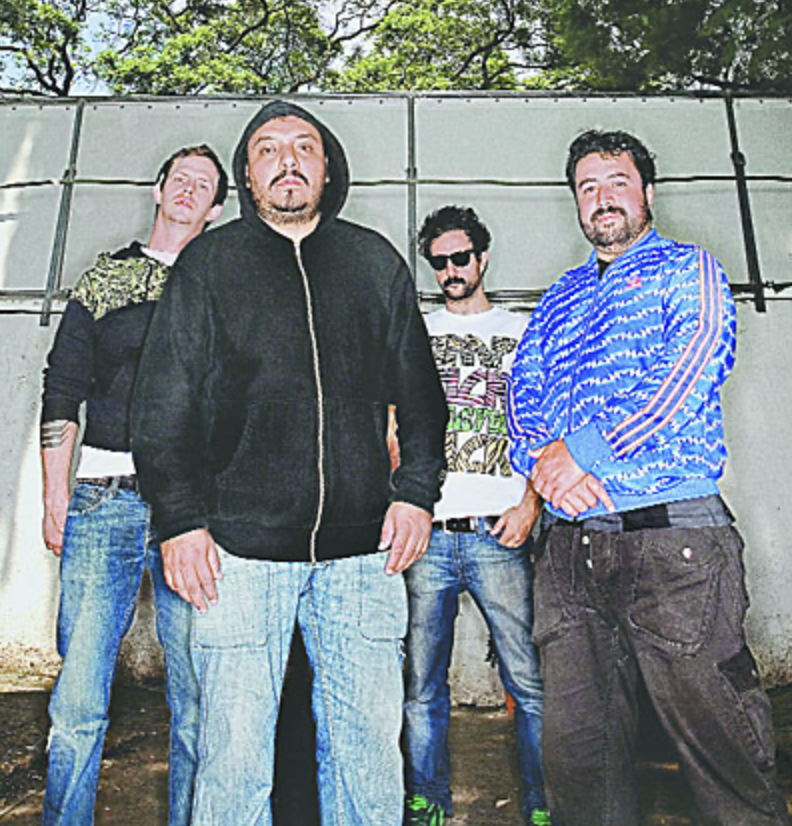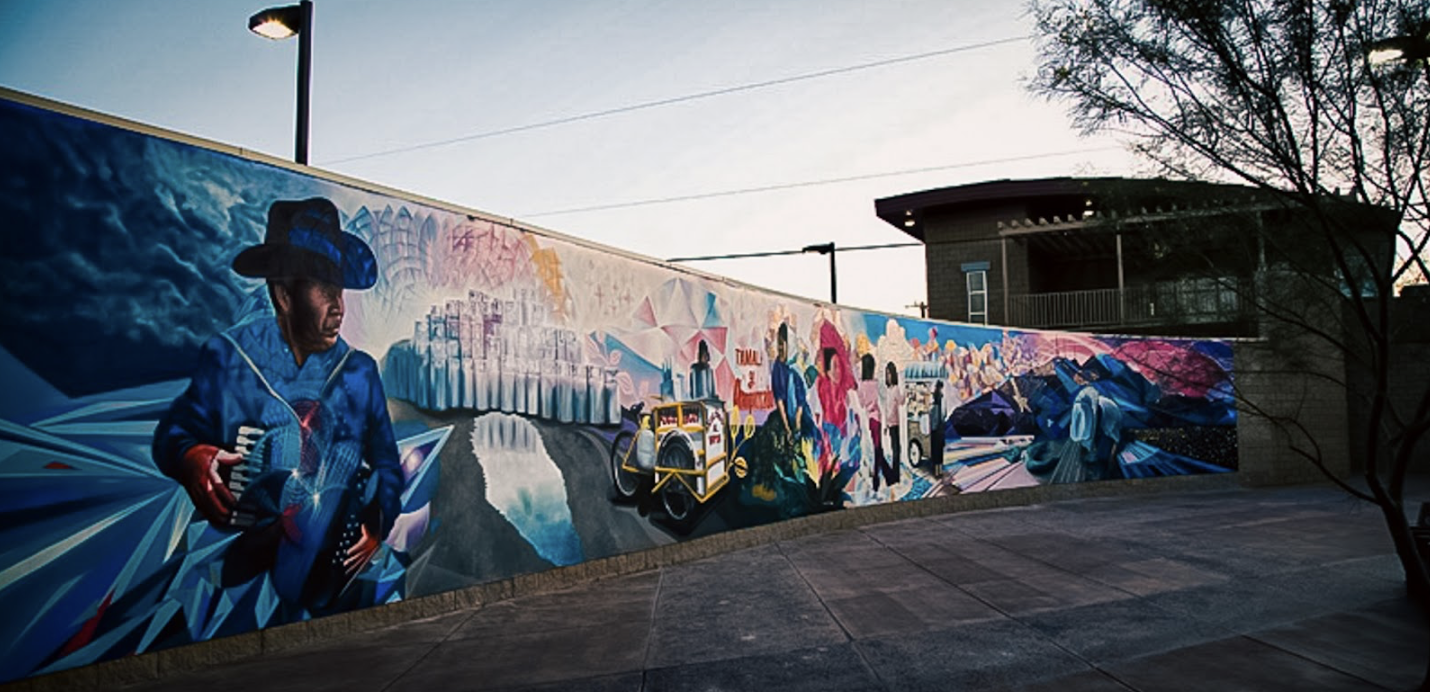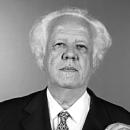[Op-Ed] The Day the Party Died: Reflections on Leadership, Integrity, and Community
MÁS EN ESTA SECCIÓN

Kendrick Lamar’s ‘The Day the Party Died’ challenges us to rethink the cultural values we’ve taken for granted, calling for a shift from hollow slogans to genuine leadership.
Leadership, integrity, culture and community—these were the ideals that always guided me, my constant North Star. But over time, I’ve watched that North Star dim, just as I’ve seen those same values erode in broader society.
This past week, Kendrick Lamar dropped a new track. Many in pop culture will likely focus on his ongoing superficial feud with Drake, obsessed with the spectacle of the industry. But to fixate on that drama is to miss the deeper message. Much like the themes I’ve explored in my op-eds for Al Día, Kendrick’s track critiques a far more profound issue: the ideals of leadership, integrity, culture and community—once held in such high regard—have been hijacked, twisted into hollow slogans, devoid of their original substance.
In today’s world, materialism, personal gain, and hyper-individualism have corrupted these values, leaving us questioning whether authentic leadership still exists, or if it has simply become another commodity to be bought, sold, and marketed.
As I reflect on these feelings in my writing, I’ve often wondered if others see the same cracks I do. The disillusionment hit hardest when I realized the structures I once trusted had turned into vehicles for personal gain rather than collective progress. But something clicked this past week when Kendrick Lamar’s track dropped.
Suddenly, I knew I wasn’t alone. Kendrick was voicing the very same frustrations I’ve been writing about: the glorification of violence, materialism, and superficiality over community and empathy. As I sat down to write this piece, I found myself nodding along, amazed at how someone from a different community, in a different genre, could articulate my sentiments so precisely.
Growing Up with Hip-Hop as a Guide
My entry into the American experience as a young man was shaped by hip-hop. At just seven years old, I was thrown into the first grade with the daunting task of learning English and adjusting to a new culture. Hip-hop became my window into America. It was raw, unapologetic, and spoke to the things that weren’t being discussed in the mainstream.
I remember listening to Public Enemy with my cousin, who was like a brother to me. Their song Fight the Power became our anthem, especially when our school enforced rules that forbade us from speaking Spanish. In many ways, hip-hop validated the struggles we faced on the border, giving us a sense of identity and voice in a system that seemed to want to silence us.
Molotov’s music transcends borders, blending the Latin American and U.S. Latino experiences while challenging political, social, and cultural norms—just like the hip-hop that shaped my own worldview growing up.

Molotov’s music transcends borders, blending the Latin American and U.S. Latino experiences while challenging political, social, and cultural norms—just like the hip-hop that shaped my own worldview growing up.
Through the years, my admiration for the Black community in America only grew. From growing up with Yo! MTV Raps to seeing bands like Molotov and Ozomatli rise to prominence, speaking on the Latino experience in both the U.S. and Latin America, I began to understand how interconnected our struggles were. The themes in hip-hop—justice, resilience, and resistance—mirrored the experiences of my community.
Leadership Lost in the Noise
Fast forward to adulthood, and those same themes resonate in my reflections on leadership. The more I’ve witnessed, the more disillusioned I’ve become—not just with politics but with leadership at its core. Like Kendrick, I see leadership today as something corrupted, focused more on personal ambition than on creating true social impact.
When I first began my work with BeNeXT Global and Futuro Las Américas, I wanted to create something different. I had a vision that leaders should uplift others, placing community at the center of everything they do. I learned this early on from one of my greatest mentors, Ernesto Nieto. He always asked: What will you do for the community?
Yet today, leadership feels more like a hollow shell of what it could be, driven by individualism rather than by the collective good. And nowhere is this more evident than in America’s obsession with personal freedom, often at the expense of community. From the hyper-individualism I see in politics to the crisis of mass shootings that plague American schools, it’s clear that something fundamental is missing. The sense of responsibility to others, to a greater collective, has been lost.
A Different Vision of Leadership
CONTENIDO RELACIONADO
In contrast, my experience living in Mexico has been different. Here, community is woven into the fabric of everyday life. It’s not that Mexico doesn’t have its challenges—it certainly does—but the way people approach their relationships and responsibilities is fundamentally different. Violence at schools is not normalized. It’s almost unthinkable.
I often wonder what kind of leadership my son will inherit. Will he grow up in a world where leadership is measured by profit margins rather than by the number of lives positively impacted? The answers to these questions lie with us—the leaders of today.
A Call to Action
Kendrick Lamar’s new track, The Day the Party Died, hit me hard because it felt like a mirror reflecting the state of leadership and culture today. It was a reminder that the party—the false promises of leadership, success, and individualism—needs to end. The future of leadership isn’t about who has the most followers or the most capital; it’s about who can inspire the most change, who can lift up the most people, and who can lead with both humility and strength.
This is my call to all of us, to reflect on what kind of leadership we want to embody. Will we lead with empathy, or will we continue down the path of self-interest? Will we ensure that our children inherit a world where community is prioritized, where they don’t have to fear for their safety in schools, and where leadership is measured by the impact on people’s lives?
The future of our communities depends on it.
Oh, and by the way, Kendrick dropped this track on Instagram—not on the traditional industry platforms like Spotify or Apple Music. It’s a move that makes a statement: sometimes, breaking away from the established systems is the boldest way to call for change. But even Instagram, like much of social media, is entangled in its own web of issues. The real message here isn’t about where the music lives—it’s about how we, as individuals and leaders, can break free from the hollow promises of those entrenched systems. If that doesn’t make you pause and rethink the world around you, nothing will.

This mural stands as a testament to the power of resilience—an embodiment of leadership that comes not from authority, but from the strength of a people who refuse to be defined by the systems that aim to suppress them. Just as Kendrick Lamar speaks truth to power, this figure symbolizes the fight for integrity, culture, and the rewriting of narratives. True leadership is born not from following, but from standing strong in the face of adversity, demanding change for the future.
-
About BeNeXT Global and Futuro Las Américas:
BeNeXT Global is dedicated to empowering the next generation of leaders across the Americas by fostering collaboration, innovation, and social impact. Futuro Las Américas, our flagship initiative, brings together visionaries from across the region to develop projects that create meaningful change in their communities and beyond.






DEJE UN COMENTARIO:
¡Únete a la discusión! Deja un comentario.